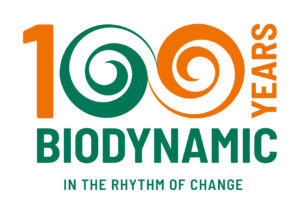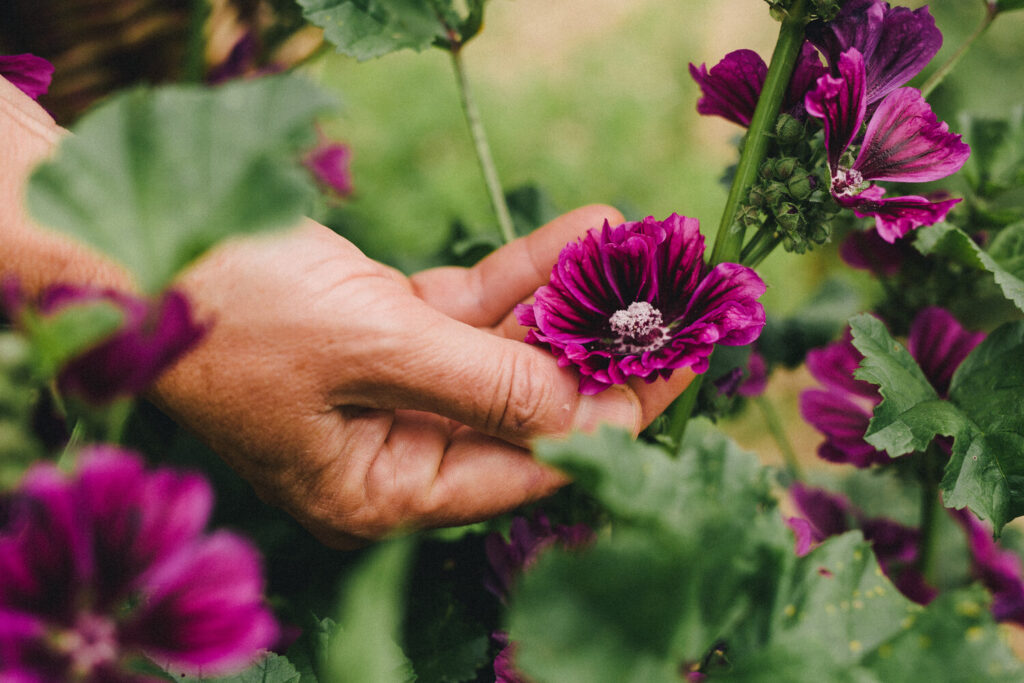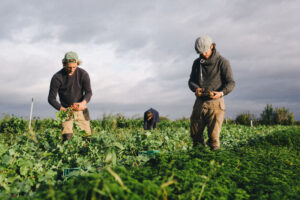12 benefits of biodynamic farming

The 100 years celebration of biodynamic farming is in full swing and with it we celebrate the global contribution of biodynamic farming towards environmental and social sustainability. Each month throughout 2024 we highlight a specific benefit of biodynamic farming and show how biodynamic farming can be a solution in many ways by improving soil fertility, fostering biodiversity, preserving our environment and so much more.
To celebrate the 100 Years of biodynamic farming, we continue with our 12 benefits series of biodynamic farming and introduce the second theme: ‘Working in harmony with nature’.
In the rhythm of nature
Biodynamic farming is about working hand in hand with nature. The reason for this is simple: in nature everything is mutually connected and interacting. Nothing works on its own but is always the result of complex interactions among various natural elements. Biodynamic farming ensures that all these elements – the soil, the plants, the animals, and the humans – can develop and grow together in harmony.
We tend to look at the beings of nature – the minerals, plants, and animals (…) – as if they stood there in isolation. We’re in the habit of looking at a plant all by itself; then we go on to look at a plant species all by itself, and then at another species next to it. Everything we’re supposed to know about these things is neatly pigeonholed into separate species and genera. But that is not how things are in nature. In nature, and actually throughout the universe, everything is in mutual interaction with everything else.
Rudolf Steiner, Agriculture Course 1924 (Lecture Seven)
The farm as a living organism
Just as everything works together in nature as one organism biodynamic farming considers the farm as a living organism composed of different parts and systems (various soil types, animals, trees, etc.). All these elements are integral parts of the farm and must be managed together to ensure the well-being of the whole. This is also why it is not possible to convert only part of a farm to Demeter standards, but only the whole farm can be converted.
Holistic approach
In times where farming and nature conservation are often opposed, biodynamic farming shows the opposite. By working with a holistic approach biodynamic farming cares for nature, integrating the natural elements in the farm organism ensures that nature is supported, preserved and nurtured, which in turn benefits the cultivated elements of the farm.
Stay tuned for next month’s benefit and find out more about the 100 years celebration on our dedicated webpage!



